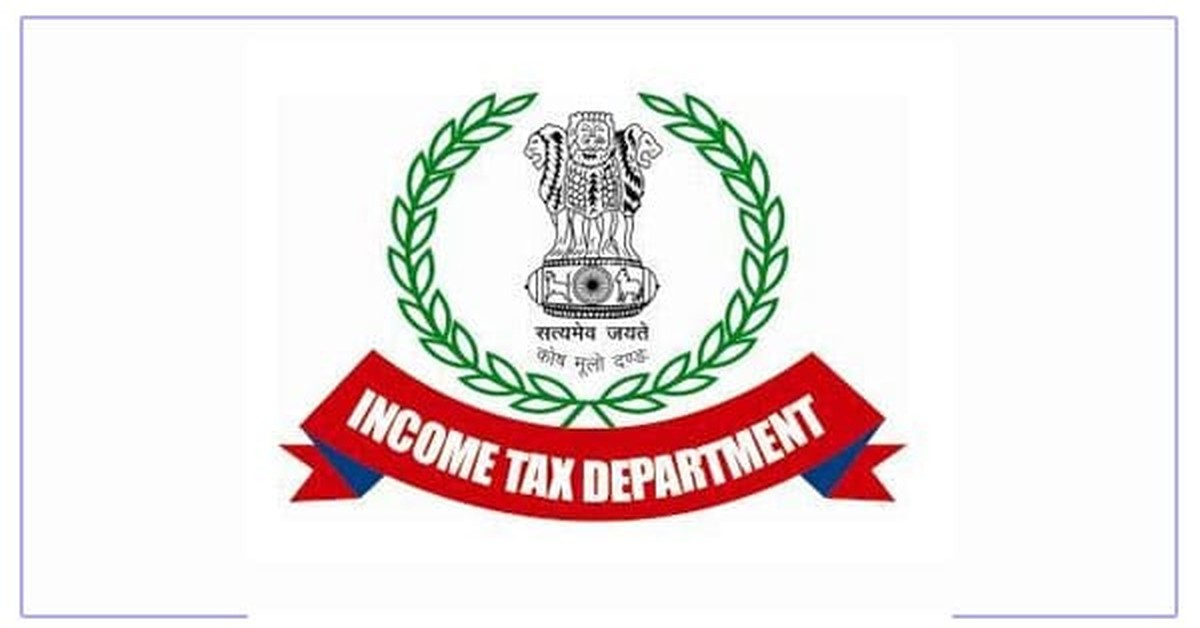The Income Tax Department has issued an urgent advisory, cautioning taxpayers to be vigilant against fraudulent schemes involving fake income tax refund claims. In an effort to protect individuals from falling victim to online scams, the department emphasized the importance of verifying refund status exclusively through official channels and thoroughly checking emails and messages for authenticity.

Beware of Fraudulent Emails and Messages
Taxpayers are being targeted by cybercriminals who send out fake emails, messages, and pop-up notifications claiming that tax refunds have been approved. These messages often request sensitive information such as credit card numbers, bank account details, or other personal data. The Income Tax Department has clarified that it does not ask for such details via email or message and urged taxpayers not to respond to these fraudulent communications.
In a recent post on X, the department highlighted a common scam: "You have been approved an Income Tax Refund of Rs. 15,000/-. The amount will be credited to your account shortly. Please verify your account number 5XXXXX6777. If this is not correct, please update your bank account information by visiting the link below." The department warned taxpayers to ignore such messages and refrain from clicking on any links provided.
Reporting Suspicious Activity
To combat these scams, the Income Tax Department has provided clear instructions on how to report suspicious emails and messages. Taxpayers are encouraged to forward any dubious communications to the official email address webmanager@incometax.gov.in. Additionally, they should send a copy to incident@cert-in.org.in, the official contact for reporting phishing incidents.
"If you receive a phishing mail, forward the same to incident@cert-in.org.in," the department reiterated, underscoring the importance of reporting these fraudulent activities to prevent further scams.
Protecting Sensitive Information
The department also advised taxpayers to be cautious when handling sensitive information such as Aadhaar numbers, OTPs, and passwords. They should avoid opening attachments or clicking on links in unsolicited emails, especially those claiming to be from the Income Tax Department. Instead, taxpayers should only use official websites and verified sources to check their refund status and handle any tax-related matters.
In summary, the Income Tax Department urges all taxpayers to stay alert and take proactive measures to protect themselves from online scams. By verifying refund claims through official sources and reporting suspicious activities, taxpayers can safeguard their financial information and avoid falling victim to fraud.








 CAclubindia
CAclubindia

